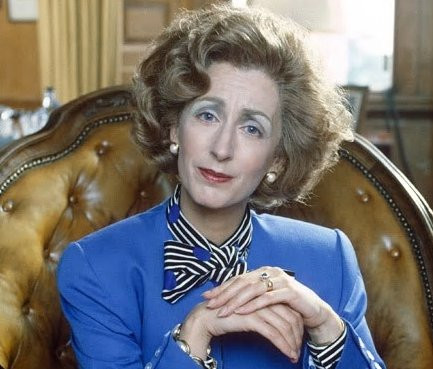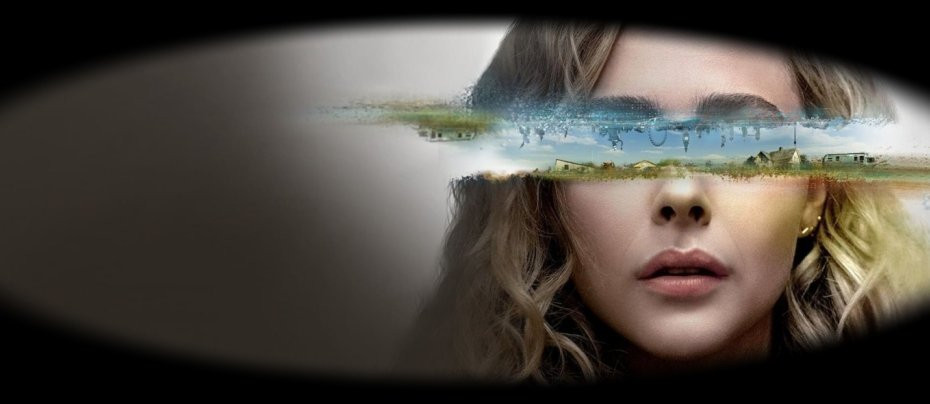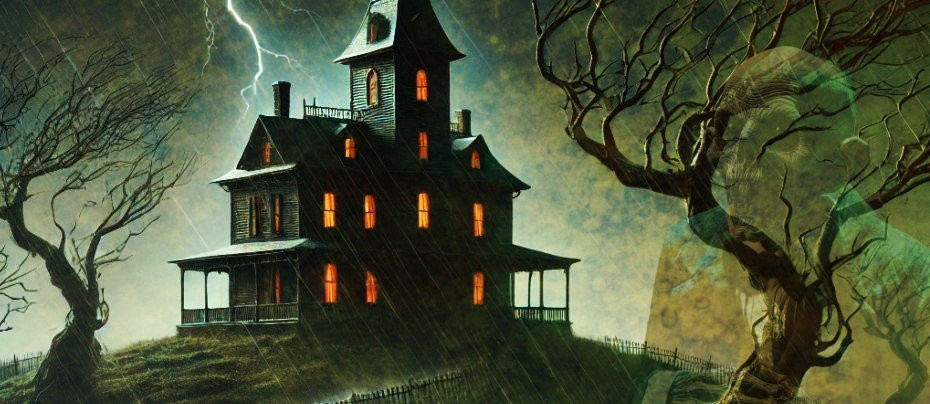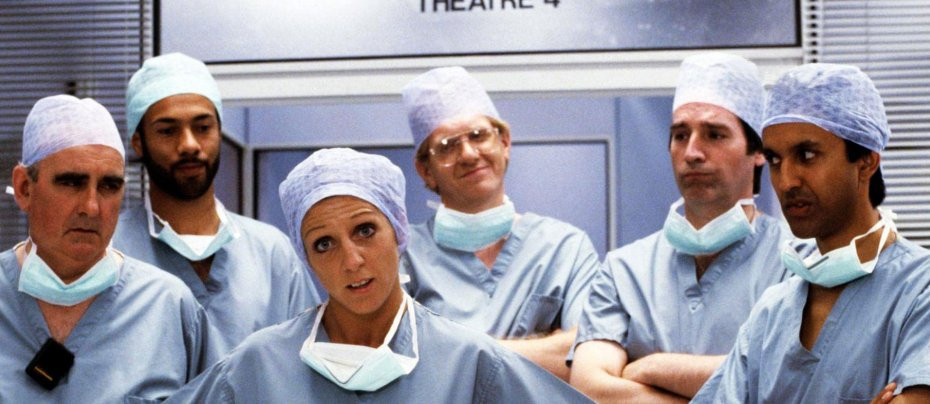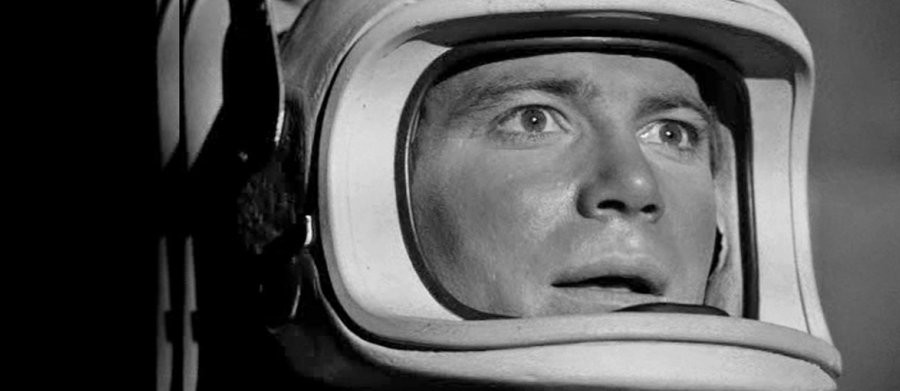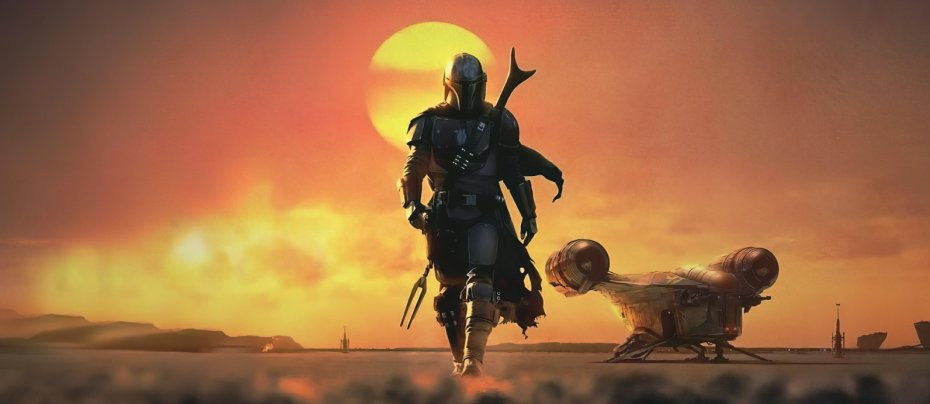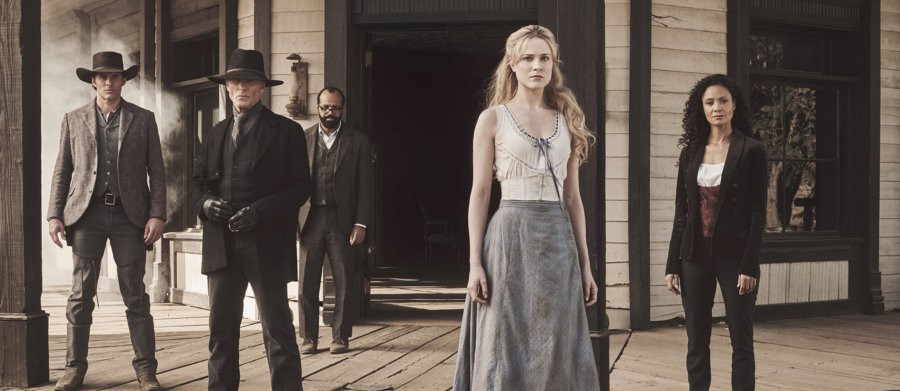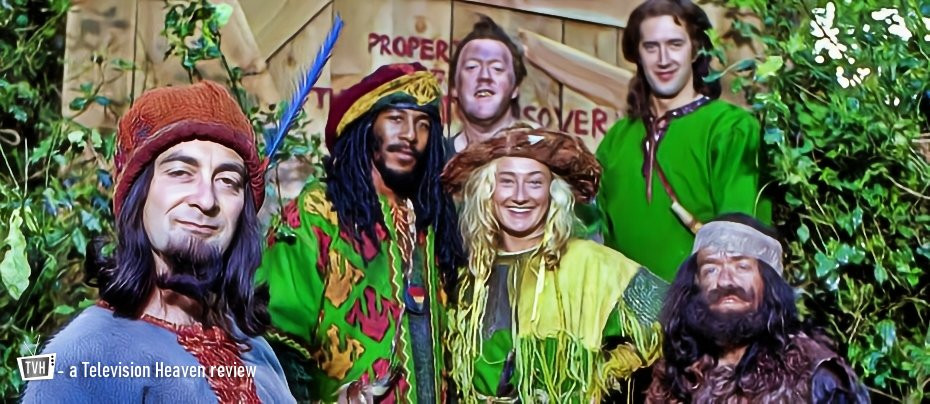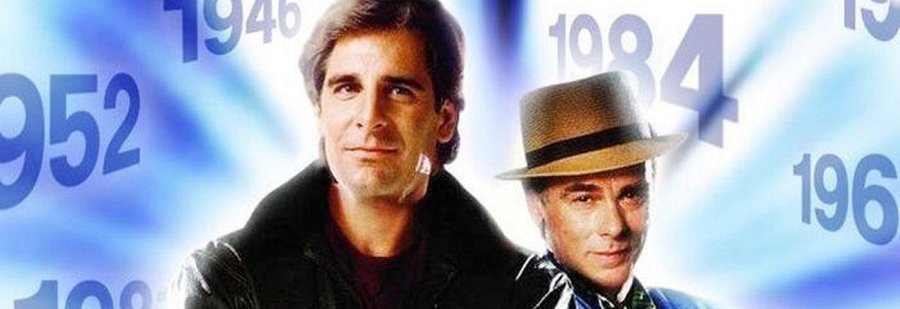
Quantum Leap
1989 - United StatesAnother winning creation from the fertile mind of successful American writer/producer Donald P. Bellisario, co-creator of Magnum P.I. and Airwolf, Quantum Leap was an inspired twist on the standard time travel fantasy format — lightly leavened with a hint of divine intervention and a pleasing edge of knowing humour. First airing in 1989 and running until 1993, the series remains a standout example of character-driven speculative fiction, cleverly blending morality tales, social commentary, and science fiction with heartfelt emotion.
The central premise of the series was a simple yet ingenious one. Brilliant, Nobel Prize-winning scientist Dr Samuel Beckett (played by Tony Award-winning Broadway actor Scott Bakula) develops a method of limited time travel that allows a person to journey within the span of their own lifetime — an experimental technique he christens "Quantum Leaping". Naturally, something goes awry during Sam’s maiden leap. The result: he becomes untethered in time, suffering partial amnesia and compelled by some unknown, possibly divine force to "put right what once went wrong"—inhabiting the lives and bodies of various individuals at key moments in their personal histories.
Sam’s only connection to the present and the Quantum Leap project is his partner, Admiral Al Calavicci (Dean Stockwell, in a standout role), a cigar-smoking, wise-cracking, womanising veteran who appears to Sam as a hologram, visible only to him, children, and animals. Al provides both comic relief and narrative exposition, relying on Ziggy, the project's sassy, semi-sentient supercomputer, to guide Sam through the obstacles of each leap. The chemistry between Bakula and Stockwell was one of the show's greatest strengths—affectionate, exasperated, and wholly believable.
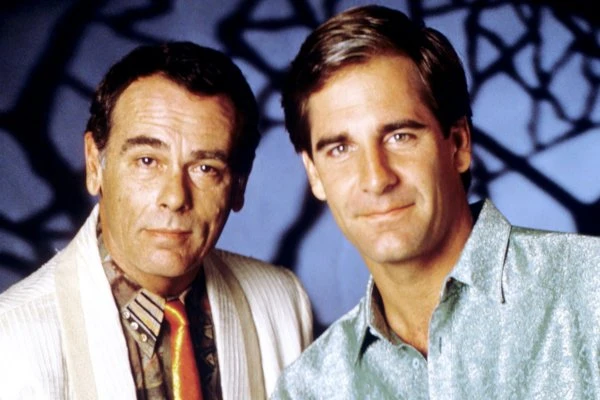
Thanks to the format’s inherent flexibility, Quantum Leap ranged widely in tone and subject matter, from serious social critique to broad comedy. Episodes tackled racism, homophobia, war, domestic abuse, and mental health—sometimes through the lens of historical events or recognisable figures, such as Elvis Presley or Lee Harvey Oswald. At other times, the show revelled in its own absurdity, most memorably when Sam leapt into the body of a chimpanzee, or discovered what it meant to live as a woman in a world stacked against her, in a brave early episode addressing sexual harassment.
Perhaps its most daring moment came in the final episode, Mirror Image, where Bellisario made the bold and divisive choice to end Sam’s journey not with a triumphant return home, but with an open-ended note of ambiguity. The closing caption—"Doctor Samuel Beckett never returned home"—infuriated many fans, but gave the series a mythic, haunting resonance that lingers to this day.
In many ways, Quantum Leap can be seen as a spiritual descendant of the anthology format—each episode virtually a standalone tale, united by Sam’s moral compass and longing to return home. Whether funny, suspenseful, deeply moving or occasionally just plain daft, the series was held together by its warmth, intelligence, and humanity. At its best, Quantum Leap was science fantasy television at its most imaginative and heartfelt.

In 2022, Quantum Leap returned in a reboot series aimed at both new audiences and nostalgic fans of the original. This updated version continues the story of the Quantum Leap project, now decades later, as a new leaper, Dr Ben Song (played by Raymond Lee), steps into the accelerator under mysterious circumstances. With a new support team, modern production values, and an expanded mythology—including connections to the original series—the reboot makes a valiant attempt to retain the spirit of its predecessor while updating its format for contemporary television.
While the reboot lacks some of the original's charm and the undeniable chemistry between Bakula and Stockwell, it earns points for its respectful continuity and willingness to build on the moral and philosophical questions first raised in Bellisario’s creation. Though it remains to be seen if the new Quantum Leap will achieve the cultural impact of the original, it’s a welcome return for a concept rich in possibility and heart.
Seen this show? How do you rate it?
Seen this show? How do you rate it?
Published on May 31st, 2025. Written by Laurence Marcus for Television Heaven.


